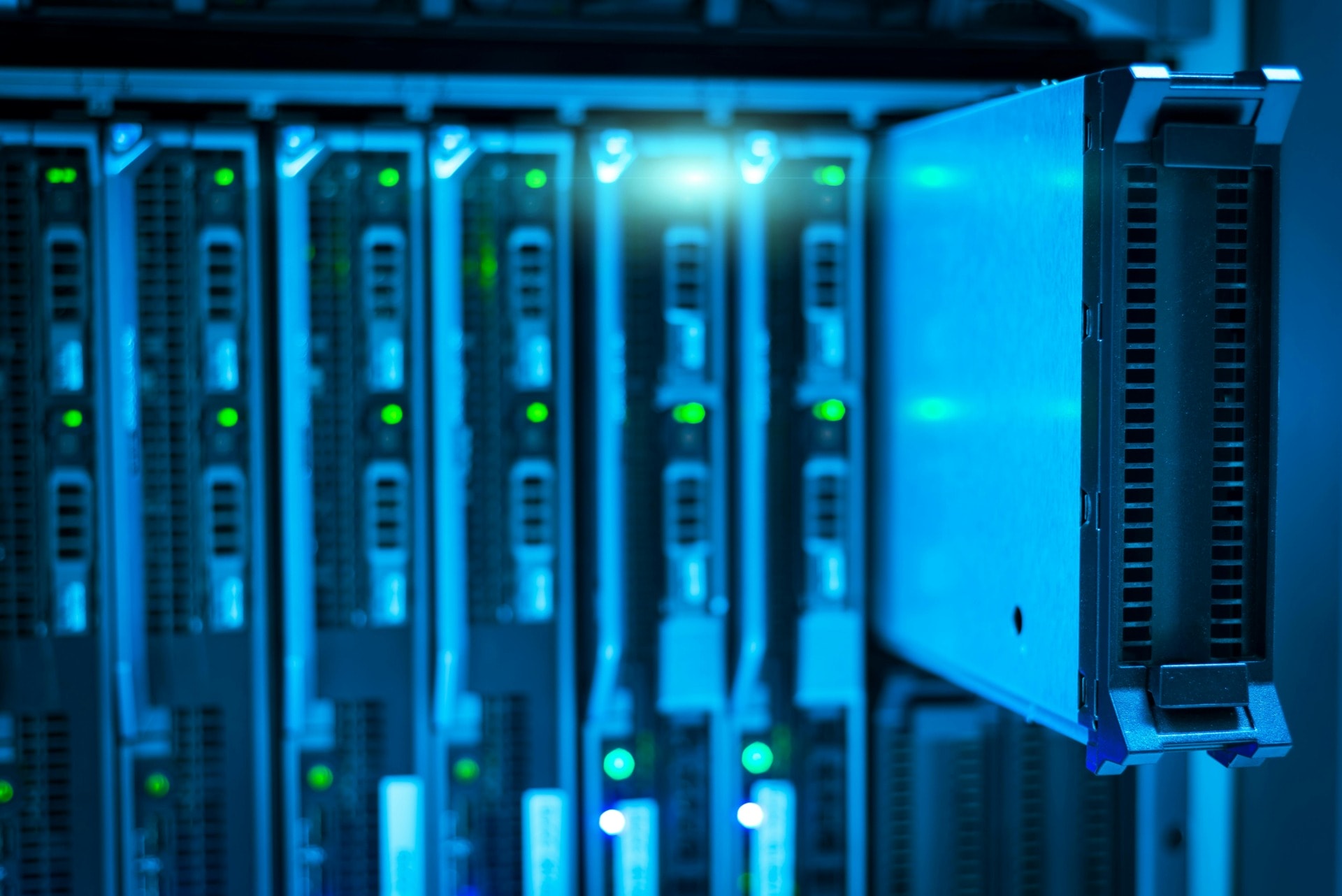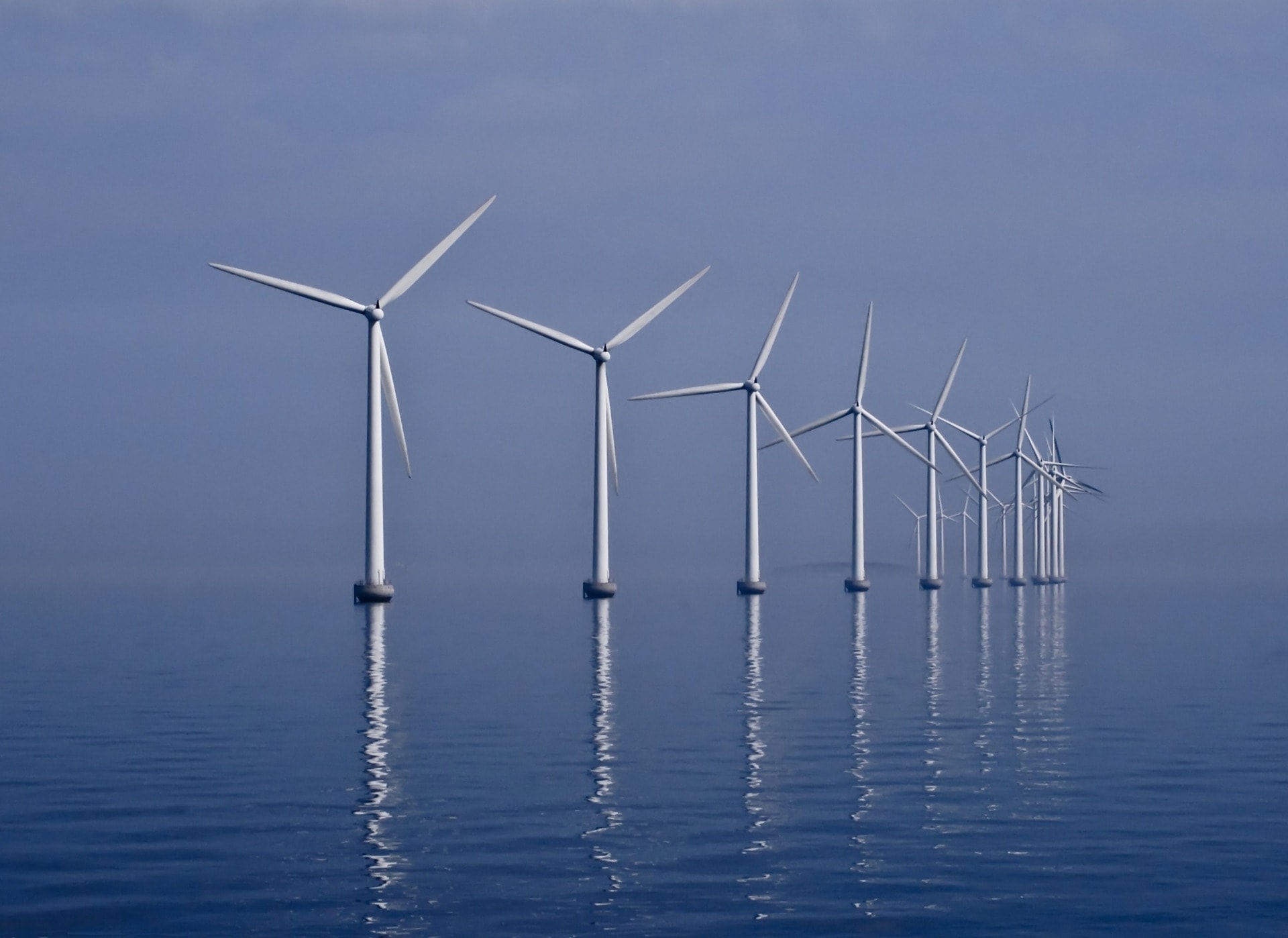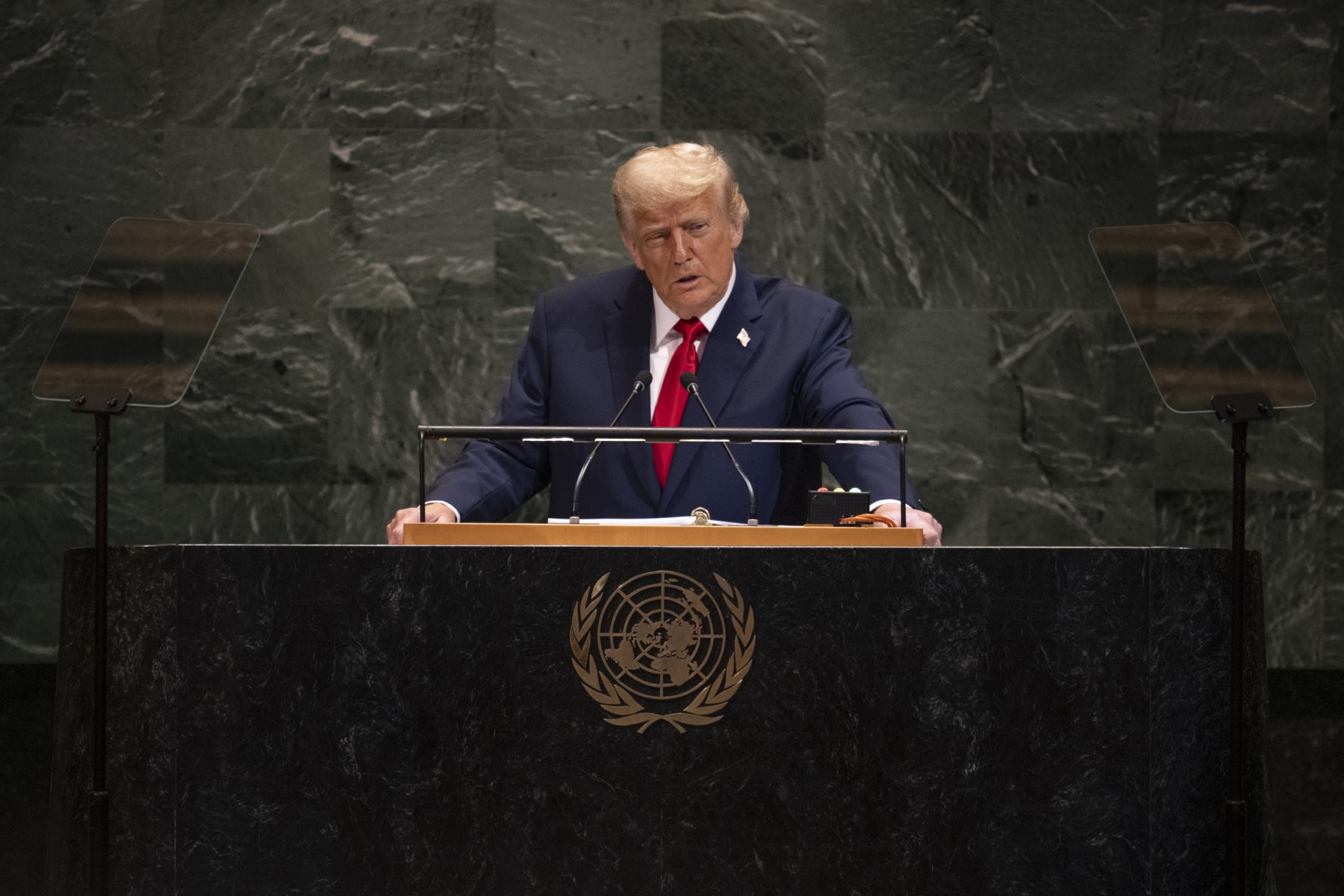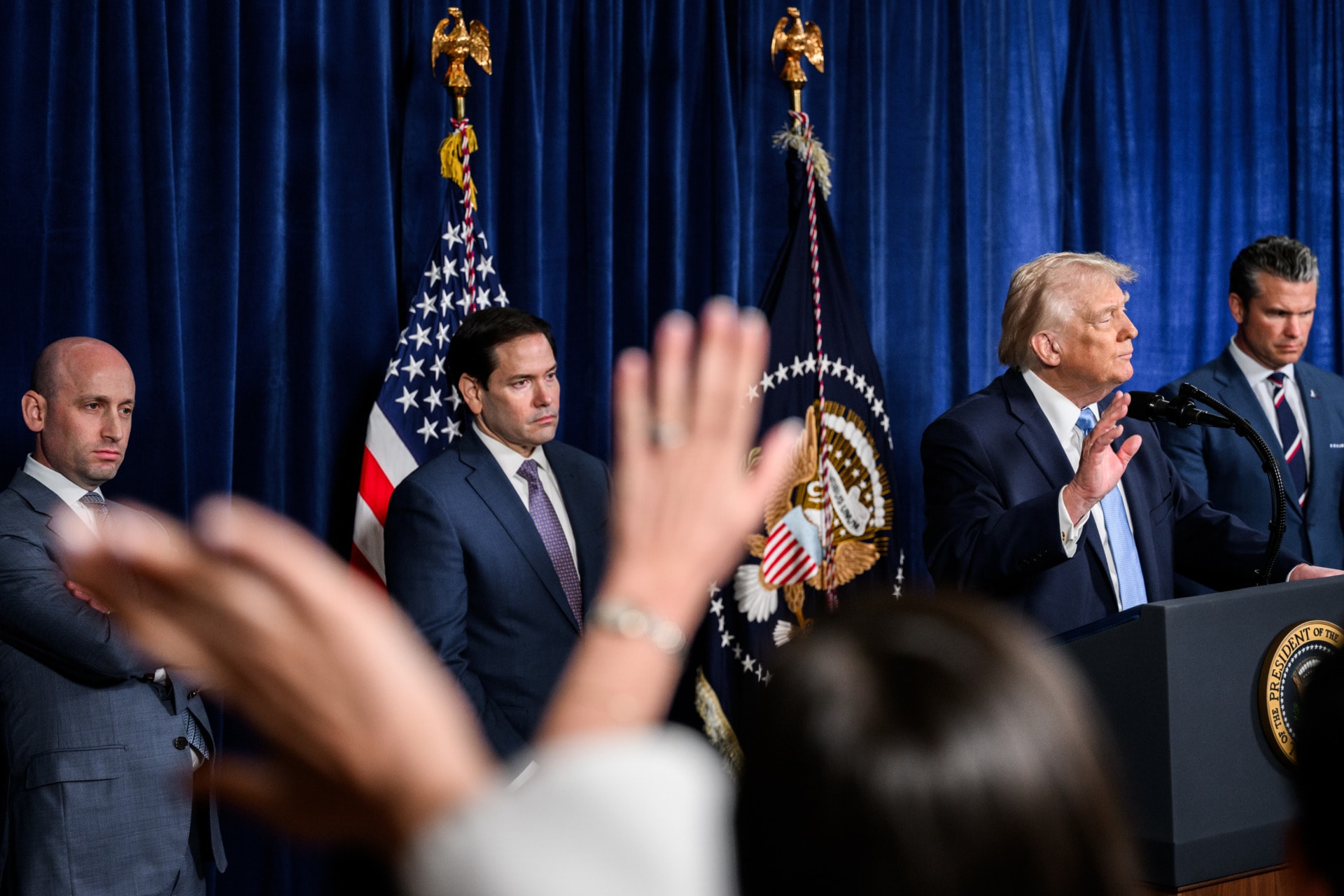In 2021, corporations bought a record 31.1 gigawatts of clean energy through power purchase agreements (PPAs) up from nearly 24% the previous year. According to BloombergNEF, over two-thirds, 65%, of this purchasing was done by corporations in the United States.
With US companies increasing their clean energy usage, many of these corporations are technology giants such as Amazon, Microsoft and Meta Platforms — evidently leading the clean energy movement in America.
What are power purchase agreements and why are they important?
Electricity and wind power contracts are known as power purchase agreements, or PPAs. PPAs are arrangements from third-party developers where they install, own and operate an energy system on the customer’s property. These contracts buy renewable energy in predetermined agreed volumes and prices from both the consumers and the generators end.
With the rise of PPAs, they not only secure clean energy supplies to corporations, but also allow investment in other clean energy departments.
The appeal for corporations to adopt PPAs is a list of things the government can’t yet provide when it comes to clean energy.
Perhaps one of the reasons why corporations are relying on PPAs instead of the government to provide clean energy is how easy and relatively faster the process is. One thing that PPAs can guarantee corporations that government subsidies can’t is a stable long-term price. PPAs are also faster when it comes to obtaining or negotiating, no need to wait for government tenders.
As of 2021, 28% of renewable energy purchasing is done through PPAs, up 26% from 2020.
Contrary to this, in 2021 US emissions rose 6.2% from 2020. According to Environmental Protection Agency, EPA, the majority of increased pollution in 2021 was derived from the transportations and electricity sectors — making up roughly two-thirds of emissions. With electricity sectors being one of the main pollutants, new clean energy contracts from big electricity using corporations could hopefully turn the tide around as soon as this year.
For the second year in a row, Amazon is the biggest buyer globally — announcing the purchase of 44 offsite PPAs in nine countries, totaling 6.2 GW. Out of the 31.1 GW of clean power bought by the US in 2021, Amazon accounted for 20%.
Other big tech companies dominating the clean energy market are Microsoft and Meta Platforms — Microsoft accounting for 8.9 GW and Meta totaling 8 GW, both accounting for much less than Amazon, some 5% of the total each.
Prior to Amazon, corporate clean energy king, Google, has dominated the clean energy sector, but has since laid down the crown to focus on its zero-carbon initiative.
Listed on Google’s sustainability website, their goal is to be operating on carbon-free energy by 2030.
To do this, Google has been building up its clean energy for some years now. Back in 2007, Google became carbon neutral and by 2017 they became the first big company to match 100% of their global annual electricity consumption with renewable energy.
After this achievement, Google decided to take it a step further and commit to a 24/7 carbon-free energy by 2030. To extend the campaign to even greater lengths, Google launched a 24/7 Carbon-Free Energy Compact with Sustainability for All. The campaign will bring together various stakeholders on a joint mission to transform electrical grids to “absolute zero”.
Environmentalist groups are also making an impact on the corporate clean energy movement, such as RE100. Set on bringing hundreds of businesses together to commit to 100% renewable electricity, RE100 is a global corporate renewable energy initiative led by the Climate Group.
According to RE100’s 2021 annual disclosure report, they currently have 349 members across several different countries. RE100 also reported that 45% of electricity consumption by RE100 companies is renewable energy — up from 41% the following year.
What about other countries?
As RE100 is part of a global initiative, many countries have been taking part in the group’s campaign. Specifically in the Asian-Pacific, RE100 gained 36 new members, accounting for 62% of new membership. Japan itself accounts for 29% of new RE100 membership.
Similar to America, Europe saw a record increase of clean energy, rising from 3.2 GW the previous year to 8.7 GW — Spain and Nordic countries accounting for a big portion of the increase.
Despite PPAs not being widespread across Asia yet, in October of 2021 PPA legislation was introduced in South Korea, while both China and Japan saw record high clean energy certification issuances.
Although clean energy can be seen as a universal challenge in underdeveloped and high emission producing countries, PPAs are a great start to kick off the clean energy movement — especially with big corporations at the forefront of the initiative.
With corporations such as Amazon and Google leading the clean energy and carbon-free movement, the sun seems to be rising on the PPA clean energy front. As big companies continue to pave the way, perhaps other small businesses and individuals will be inspired to adopt renewable energy practices that reduce global emissions.
Editor’s Note: The opinions expressed here by Impakter.com contributors are their own, not those of Impakter.com. — Featured Photo: Wind power plant at sunset on March 14, 2021. Source: Michael Mueller, Flickr.














